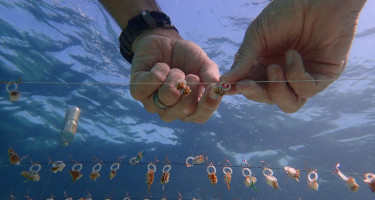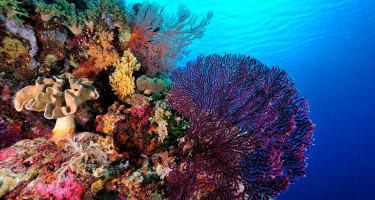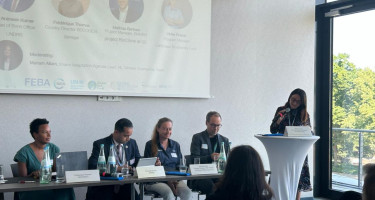Young Minds, Big Ideas: Students Lead the Way in Climate-Resilient Innovation
From district science fairs to summer camps, the G-CREWS project is planting seeds of innovation that could shape the future of water resilience in the region.
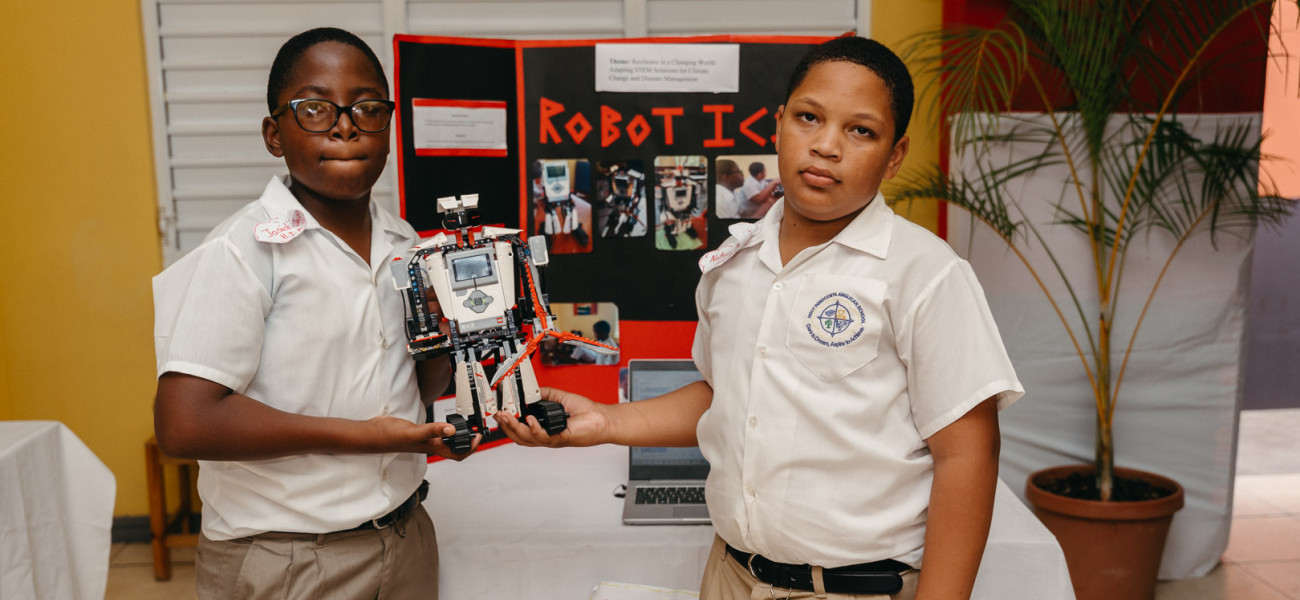
Students from Holy Innocents Anglican Primary school with their Robotics project. ©GIZ Grenada / Floyd Robinson
The nations’ children are continuing to benefit from the exchange of knowledge on climate change impacts on the water sector in Grenada while creating inspiring and captivating projects that call for adoption of resilient infrastructure and inclusion of robotics into measures that will improve citizens resilience.
For the last 3 months (May – July 2025), the Climate-Resilient Water Sector in Grenada (G-CREWS) project has engaged approximately 2,500 students collectively through events such as the district science fairs, summer school sessions and 4-H agricultural club engagement activities.
The key messages at these sessions were: proper water conservation starts with you changing your behaviour towards water usage and; becoming a climate resilient nation starts with your drive to come up with innovative solutions to tackle the impact of climate change on our water and environment sectors.
These exchanges with the students through interactive games, power point presentations, videos and lessons on rainfall data collection and analysis are all part of the project’s awareness, education and outreach efforts to inform and share knowledge towards building resilient water users.
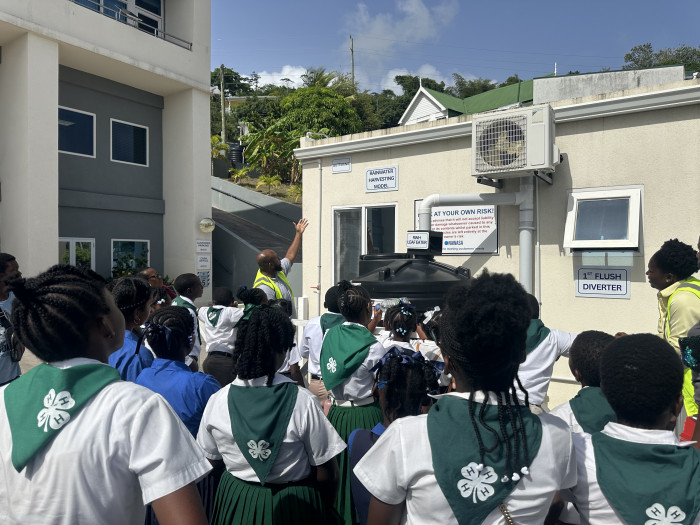
NAWASA’s Dexter Clyne discussing the components of a RWH system with 4-H students from 2 primary schools. © GIZ Grenada / Cavonna Baptiste
The theme for the 2025 Science fair is: Resilience in a Changing World - Adapting S.T.E.M. Solutions to Climate Change and Disaster Management.
Science Curriculum Officer in the Ministry of Education, Ms. Lorraine De Allie says the fair encourages students to find innovative and creative means to care for their environment in the face of current challenges related to climate change impacts.
She said “by developing science related projects, students get the opportunity to increase their knowledge on the current sector challenge, while showcasing their best approach to solving it. Here, we are building future scientists, biologists, engineers to solve problems related to climate change impacts for the future”.
Similar engagements are ongoing with the adult population through a series of exhibitions, videos posted on traditional media, social media and the dissemination of information on maintaining a rainwater harvesting system, water efficient devices in brochures and flyers among other initiatives.
Further reading:
G-CREWS on the Climate Resilience Portal- Country: Grenada
- Project:
- Contact:
